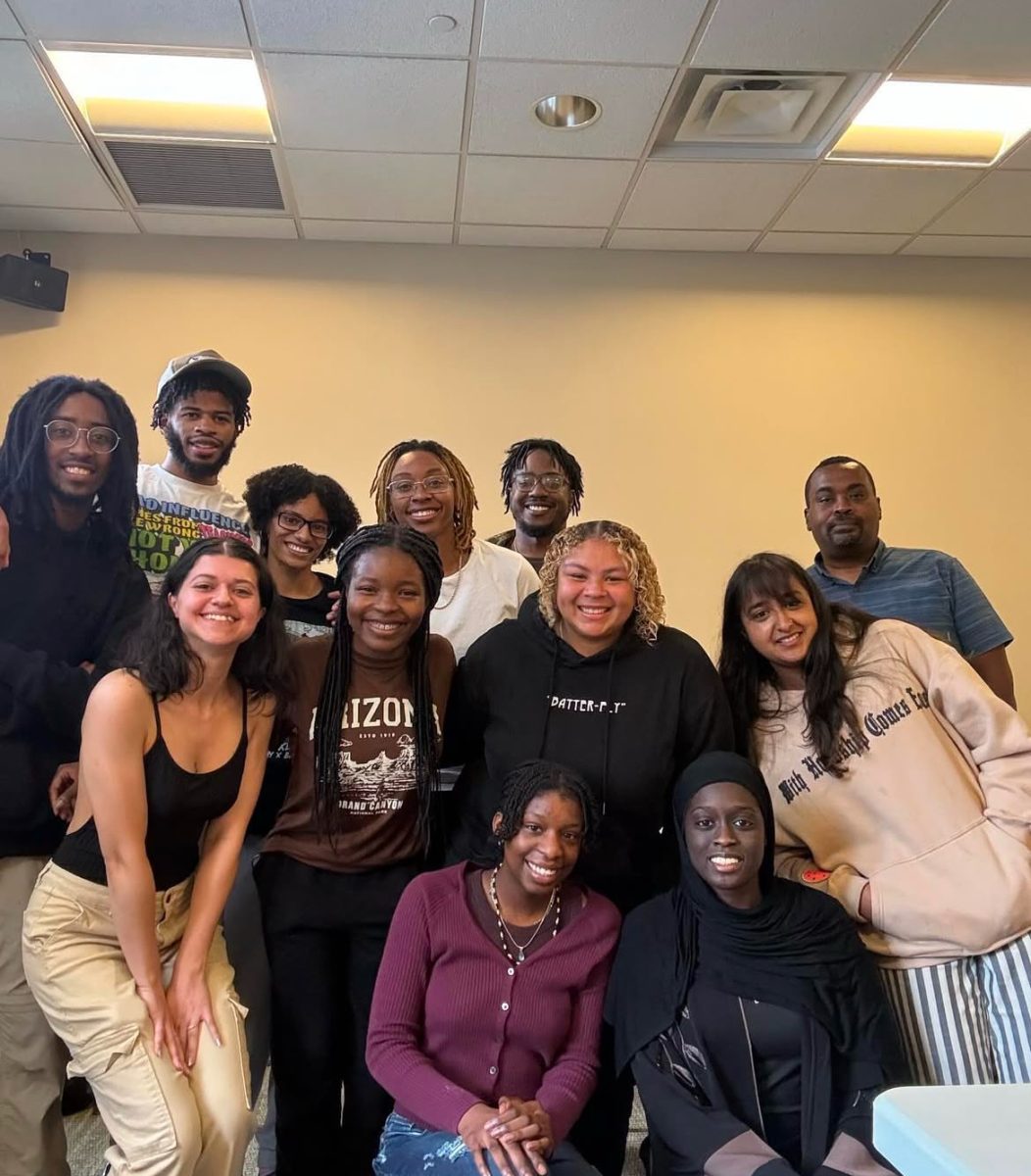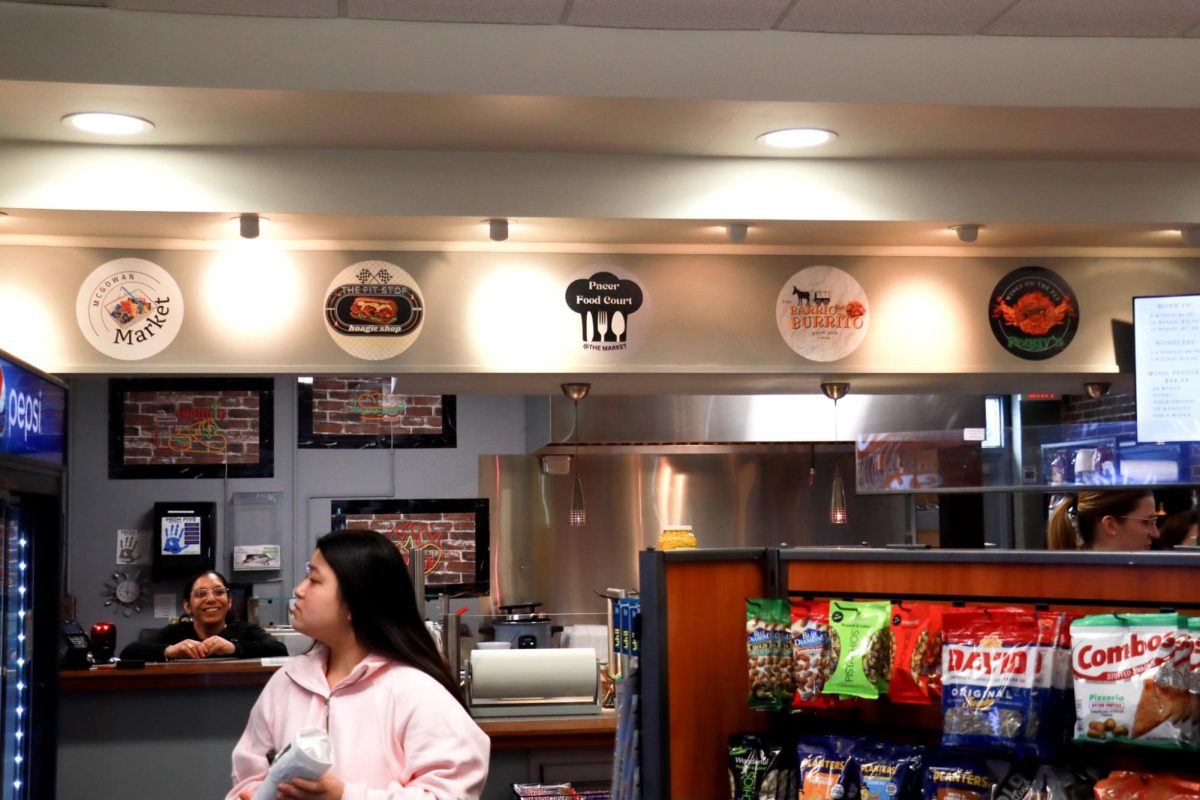The proliferation of mass shootings around the nation leaves many people searching for answers, trying to make sense of the terrible scenarios. Along with gun control, one of the most popular answers is to reflect on the state of mental health.
According to “Now is the Time,” the White House’s plan to take action against gun violence (whitehouse.gov/now-is-the-time) issued on Jan. 16, “Individuals ages 16 to 25 are at high risk for mental illness, substance abuse,and suicide.” However, these individuals tend to be the least likely to seek help from a professional.
Because the student population at Marywood falls directly within this age range, the university does actively try to bring to light the different aspects of mental health through several campus-wide initiatives that take place each year.
Peers on Wellness (POW) runs different events on campus to de-stress students and to raise awareness of mental illness.
Kristyn Maikranz, graduate assistant for the Counseling Center and co-advisor for POW, said the club holds events, such as “Nothing to Hide,” that start the conversation about mental health to reduce the stigma.
“We talk about things people do not want to talk about,” she said.
Dr. David Palmiter, (http://www.helpingparents.net)professor of psychology and president of the Pennsylvania Psychology Association, said he believes the negative stigma of mental health is part of the culture at large.
“The problem with the discussion is that it is not well-informed on mental health issues,” he said.
Palmiter said that it is unusual for individuals to do destructive things without mental health underpinnings.
“Sometimes they develop delusions that they suffer from. They are convinced that they are being persecuted or have been persecuted, and, as a result, their actions are trying to push back,” he said.
The Behavioral Intervention Team (BIT), which is comprised of faculty and staff from numerous departments on campus, works to intervene when a member of the campus community is in danger of harming him/herself or others.
“The goal is to preclude [the violent acts] before they occur,” Dr. Robert Shaw, director of the Counseling Center, said.
However, when a student does show self-harming behaviors, under Pennsylvania law, counselors could issue an involuntary committal to the hospital for more care. Shaw said he was not aware of any instance where involuntary committal was exercised at Marywood. However, voluntary admissions to local hospitals have been common.
Over the past five years, the Counseling/Student Development Center, located in the McGowan Center 1017, has seen a steady influx of clients asking for help from the staff. The number of clients has more than doubled at the center in the past four years, with 104 clients seen in 2008 compared to 220 clients seen in 2012.
Everything the Counseling/Student Development Center does with a client remains confidential unless the client shows a clear and present danger to him/herself. “The cardinal virtue of a counseling relationship is that it provides people with the opportunity to give voice to concerns that they hold within themselves to a caring, knowledgeable counselor,” Shaw said.
And that, Maikranz added, is what counseling is all about.
“It’s okay to struggle,” she said.
The Counseling/Student Development Center welcomes all members of the campus community. Appointments are free and can be made by calling (570) 348-6245 or by emailing [email protected]. The Center’s office hours are Monday through Friday, 8:30 a.m. – 4:30 p.m., though evening and weekend hours are sometimes available. It also has a 24/7 crisis service.
“Welcoming is what we do here,” said Shaw.










